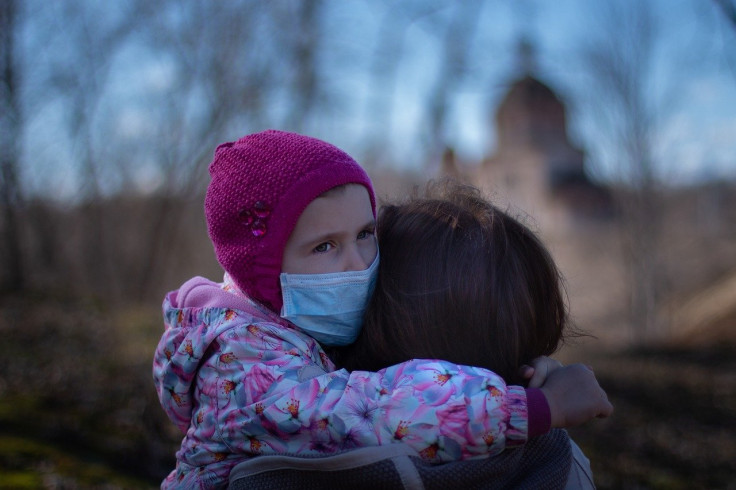Coronavirus symptoms in children: Diarrhoea, vomiting, could indicate COVID-19, study says
Researchers studied more than 1,000 children across the UK and found that gastrointestinal symptoms must be added to COVID-19 symptoms in children.
Doctors have been perplexed about identifying coronavirus infection in children considering that many were asymptomatic, and yet were said to carry high viral loads of SARS-CoV-2. Recent research may provide some answers as it revealed that many asymptomatic children suffered from gastrointestinal issues like diarrhoea, abdominal cramps, and vomiting.
A study, which has not yet been peer-reviewed, conducted by Queen's University Belfast in partnership with Belfast Health and Social Care Trust in Northern Ireland, analysed over 1,000 children across the UK who had coronavirus to check whether they have COVID-19 antibodies. The children were between two to 15 years old, and the researchers tested their blood for analysis.
The researchers noted that children who were symptomatic showed similar symptoms that adult patients exhibit. The most common of these were loss of taste and smell, as well as fever. However, many asymptomatic ones experienced common gastrointestinal issues.
Lead researcher Dr Tom Waterfield, an Academic Clinical Lecturer at the School of Medicine, Dentistry and Biomedical Sciences Centre for Experimental Medicine at Queen's University, underscored that with what they have discovered in the study, it would now suggest that gastrointestinal symptoms like vomiting and diarrhoea must be added to COVID-19 symptoms in children.
He said that they have learned that half of the children whom they studied were asymptomatic. They have observed that those with symptoms normally don't have a cough or even changes in their smell or taste. What was more common as they have noticed was gastrointestinal problems.
The Chief Scientific Advisor of Northern Ireland, Professor Ian Young, said the research studies are truly vital at present, and he recognised the efforts made in the study. It also shed light on some gray areas on COVID-19 and children in the UK. The findings of the study can be explored further as transmission among children is continuously being monitored. That way, it will also help in tackling the spread of coronavirus.
In the U.S., schools that have reopened moved to remote learning after many institutions saw a surge in coronavirus cases within a week from the resumption of classes. A number of studies have also shown that children can transmit the virus. While closing schools would not be enough to stop an outbreak, it can reduce the surge of cases expected when kids start interacting with each other.
© Copyright IBTimes 2025. All rights reserved.




















